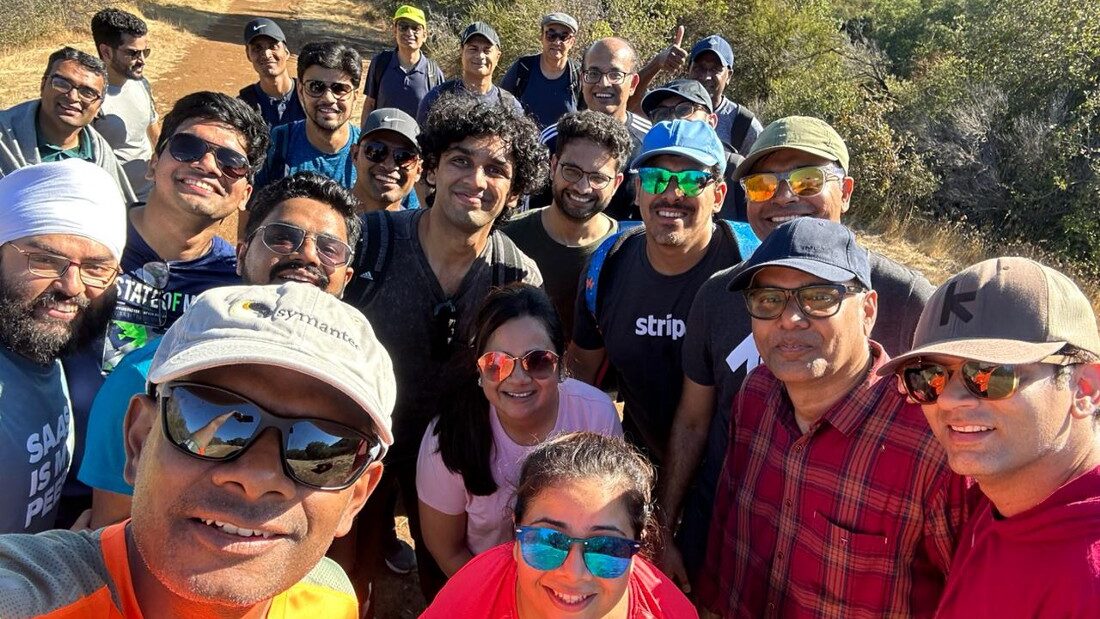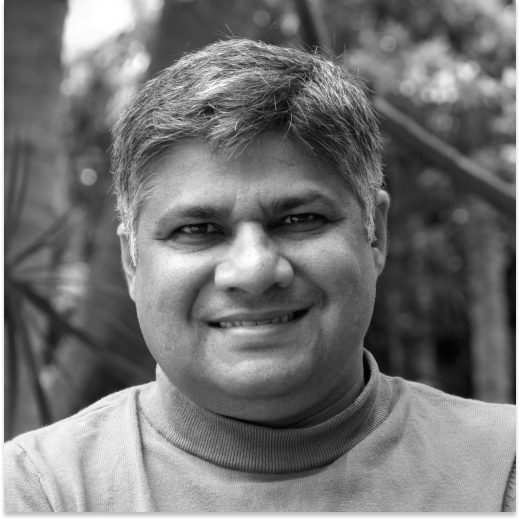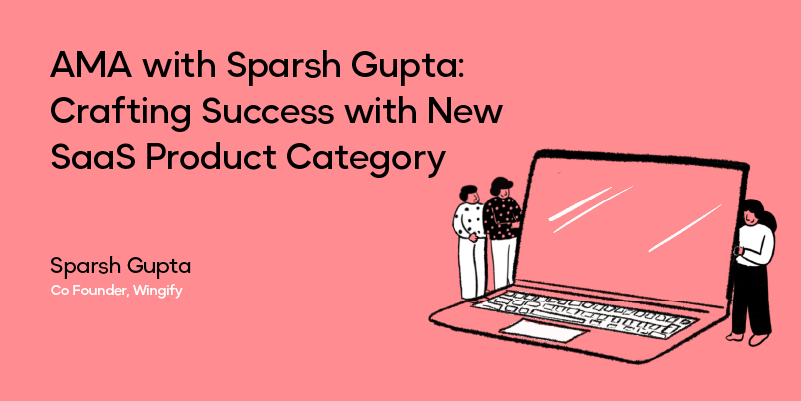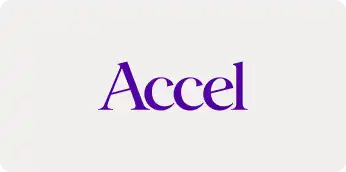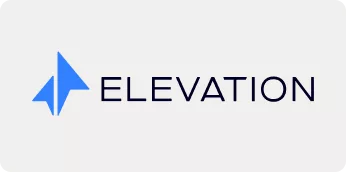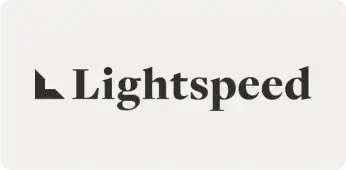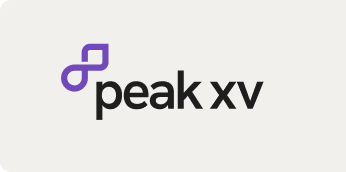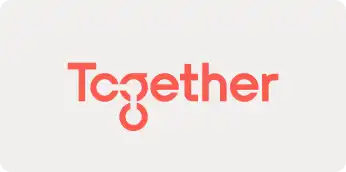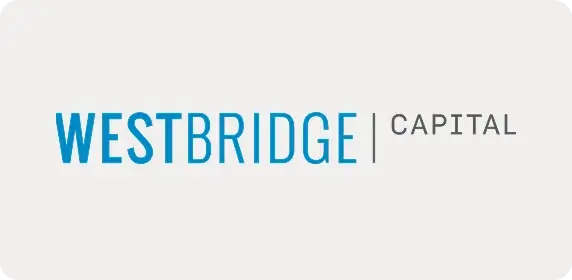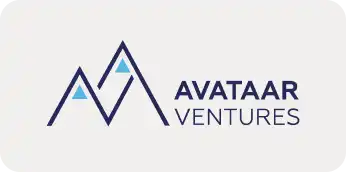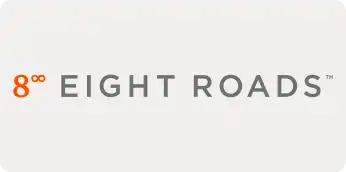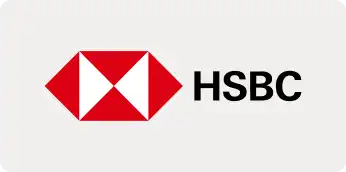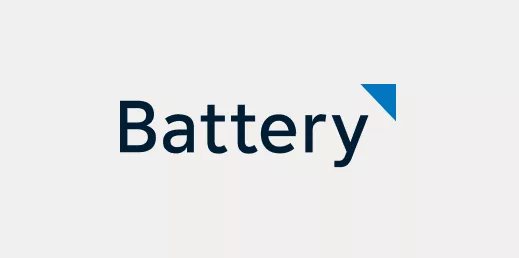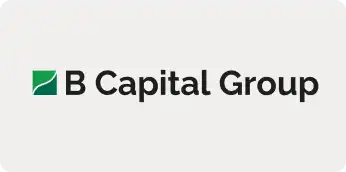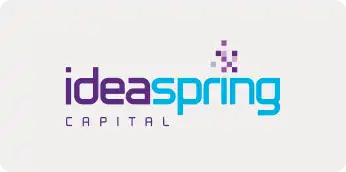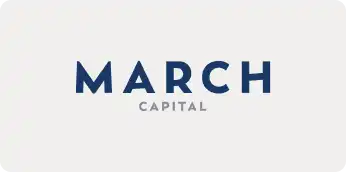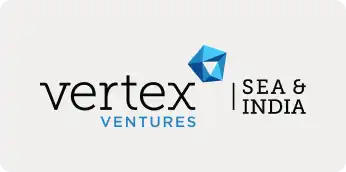A bounty of learnings emerged over the course of curated roundtables, a cricket match, some hiking, delicious food, and heart-to-heart chats with founders. These are my collected thoughts from the SaaSBoomi Caravan that rolled into the Valley.
As my flight touched down in the US on September 14, I was excited. My last trip to the Valley had given me the conviction that founders need a community that is not transactional. And I was about to test out my conviction. To put it in terms people get, I knew I had PMF, now it was time to launch the product. It needed to come out of the MVP phase.
Over the past few years, the Indian SaaS story has grown. Founders have discovered not just success but also acceptance in the US. And as my colleague Manav wrote, there is a $1 trillion value-creation market for SaaS. To truly reach its potential, founders not only need to be able to work and build in the largest market in the world, but also find a way to make it their home. The journey to find home starts early. And no one is ever prepared for it. Now, there are about 75–100 founders in the Valley every week. They’re all trying to find customers, company builders, and investors.
And thanks to SaaStr that number was going to be much higher. Our call for RSVP got us over 200+ sign-ups. Personally, I enjoy the SaaStr platform. People from across the world gather to meet, sell, and network. But SaaStr is transactional. People put up booths, the idea is to work, it isn’t to build relationships.
We (Vinod Muthukrishnan, Priya Ramachandran, Avinash Harsh, and Shreesha Ramdas) wanted to design the SaaSBoomi Caravan differently. We wanted to build relationships and work would be a byproduct of it. Everything I have learned about technology and the power of SaaS has been through deep conversations with founders and senior leaders and we wanted to replicate this process with Caravan. So, the way we designed it was that we would have smaller, intimate groups where people could learn from each other’s experiences and struggles. We wanted to “unconference” the experience of founder summits.
Creating relationships
You can unconference a day, maybe two. But how do you unconference for 11 days? That was our challenge. I think we did a good job. Of the 200 founders already there, over 125 stayed on for the first full week of Caravan, and ~90 stayed on right till the last day.
From a learning perspective, because speakers engaged closely with the founders, many practical problems and equally practical solutions around founding came up. From a bonding perspective, having a smaller guest list really helped. It opened up a much more interesting choice of venues and we were able to get that much more creative.
And the event created a sense of belonging. For me, that was its biggest success.
Our ambition was to encourage founders who had managed a successful move to the US to pay it forward. In this diary, I am going to relive some of the high points of Caravan.
The Caravan rolls in
We launched into introductions on Day 1, which started on the evening of the 16th, in a hall that was small but packed with that founder energy — at least 175 were gathered.
Let me rewind a little. There were a few meetings before the first gathering that really helped us shape the event. One, Karan Chaudhary of Sprouts.ai, and I caught up over coffee at the Computer History Museum, surrounded by artifacts of the computing revolution. We had exchanged a few emails before I arrived in the US, so the conversation took off enthusiastically. Through Karan, I got the chance to meet several interesting Valley founders, who went on to contribute actively to our sessions.
Even earlier than that, the day I landed, Vinod Muthukrishan from Uniphore and the co-chair for the SaaSBOOMi US initiative had me and about 30 founders over for an informal gathering at his home in Pleasanton. Some scale founders such as Anand Jain of CleverTap, Rohit Choudhary of AccelData and Manisha Raisinghani of LogiNext were there too. It was an evening of drinks, some dosas, and lots of conversations with founders at various stages of their journey.
Fun fact: When they say ‘evening’ in the Bay Area, they mean it. Everyone is in by 5–5:30 pm and dinner service starts as early as 6:30, the last of us were out by 9:30 pm. Of course, some people break away into smaller groups to continue conversations in after-parties.
A distinct and diverse turnout
One of my favorite things about the experience was the kind of stories I saw emerging. Much of that was down to how diverse the crowd was. Most, around 75% of the turnout, were founders from India. Of the rest, 15% were founders based in the US, and 10% were investors from the US.
Within India, Gujarat is clearly going to be a game-changer. There were some amazing founders from Ahmedabad and Surat. A good number of all the companies, 50% at least, were bootstrapped. Maybe 20–25 percent were funded. In revenue terms, two-thirds of the firms were below the $1 million mark. Maybe 20% were in that $1 million-$10 million range, and the rest made over $10 million.
Founders on the field
Day 2 was all about the outdoors. Hiking, I have discovered, is one of the best ways to get people to open up and make connections, over the course of finding their way through nature together. We also invited a few founders from Singapore and France, who had not experienced a community like ours, to join in the fun. Once we made our way back down, there was no time to rest.
After a quick pit stop at the Stanford campus for snacks, we zoomed off to Pleasanton for the event everyone was waiting for: the cricket match.

I had doubted whether the founders would take the game seriously. But founders are competitive and that was on display. Those of us who were not playing were cheering and indulging in a bit of banter.
While it was tiring, we were refreshed enough to be able to continue with a three-hour networking session to close the day. There were no chairs but people were happy to sit on the floor and bond over biryani and drinks. We had a Sunday post that, with no planned events, put our feet up and recovered from all the action.
A season of sessions
A Monday dinner with 30–35 founders set us up nicely for the packed calendar ahead. Sequoia Capital was kind enough to host the evening.
Next day, we kicked off our panel sessions, packed with frank insider perspectives, all aimed at how to get one’s business off the ground in the US. Here’s a quick rundown.
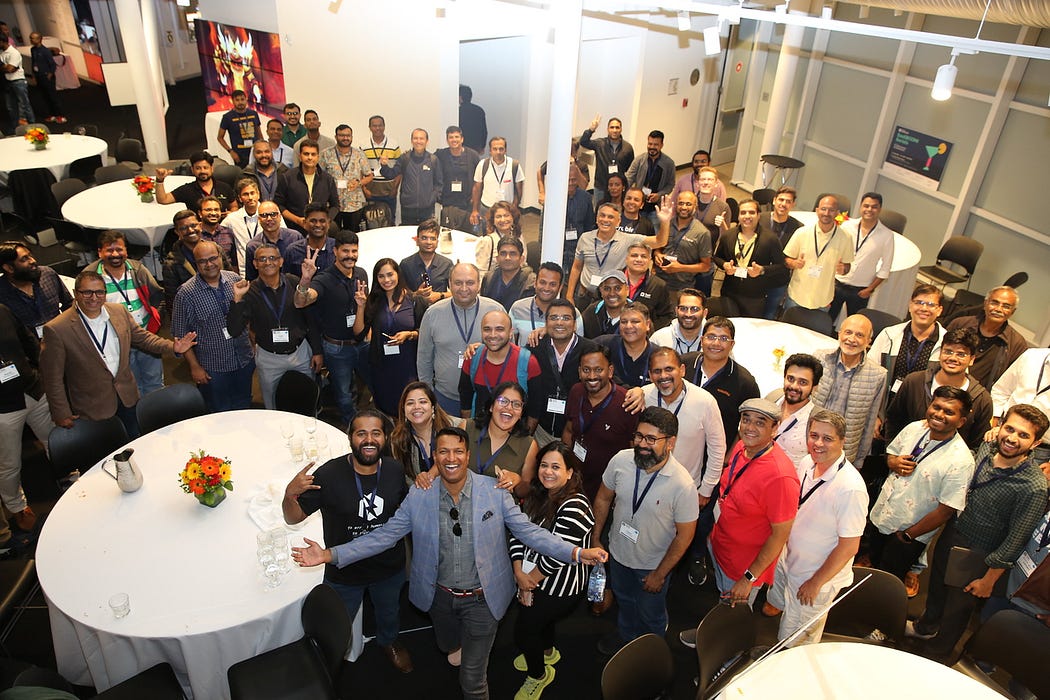
September 20 — CIO Roundtable
We began with this so that founders could get the customers’ perspective. Leading SaaS CIOs from the Valley — Carter Busse from Workato, Coupa’s Eric Tan, Klarissa Marenitch from Hippo Insurance, and Prasad Ramakrishnan from Freshworks — offered a view of their experiences of buying and using SaaS products.
They also had some great advice for SaaS founders, particularly on what they expect from founders’ pitches and products. The good news? Reputation and product vision excite them more than what stage a company is in.
I also got to meet Sanket Shah, the Founder of Invideo at Blue Bottle Coffee, inside the beautiful Hanahaus coworking cafe. It was for the first time I met Sanket. I had heard great things about him and his expertise in PLG. On meeting him, I was super impressed with how he was always thinking about growth and how keen he was to help fellow founders. We ended the coffee hoping to meet each other in India soon.
September 21 — CHRO/Legal Roundtable
A panel of human resources experts and legal eagles, who all happen to be women, shared invaluable wisdom on the nitty-gritty of starting up in the Valley.
Enablers Miriam Dijkxhoorn and Sanjeevnie Syngal, lawyers Rajvinder Kaur and Susan Akina, and Annie Shea Weckessner, former HR head who now heads marketing at Uniphore, spoke, while Joyce Zhang of Alariss moderated.

They answered some burning questions: How to integrate Indian and US cultures in a team, how to get the legal structure in order if you are India incorporated and looking to enter the US, and the best way to shift your family overseas.
I also got to meet Lalit Singh from Vareto who invited me to his home for lunch. He actually cooked lunch while we spoke. The conversation was almost exclusively not about work. He spoke passionately on yoga, meditation, and mental wellness. He is one of the calmest people I met in the Bay Area.
September 22 — VC Connect
Our next fixture was a massive success. We had planned for 125 founders and investors to attend, but more than 150 were in attendance. VC Connect opened with investors discussing how they evaluate founders and the founding ecosystem, and likewise, founders talked about the way they view investors and the VC ecosystem. Afterward, founders got 15-minute sessions to pick investors’ brains; each VC got to meet about 4–6 companies.
The networking continued in a spur-of-the-moment session following this. Some 30–35 founders stayed back to talk about their products and themselves and where they needed help. It is moments like these that made Caravan feel like an “unconference”.
September 23 — Essential Marketing Strategies
This was about all things marketing. Experts included Kevin Cheng (PR), Anurag Singhal (search engine marketing), Shekar Hariharan (product marketing), and Leena Kamath (partner marketing).
The TL;DR of their perspectives: Keep it real, keep it relevant, and do more with less. Being passionate about storytelling means collaborating early on at various levels — with founders, engineers and demo givers.
September 24 — Experts from the cohort
On Sunday morning I met Harsh from V-Comply and his wife at their home. They hosted me for breakfast. Later, I met Ralph and Sameera from Pathfix and we went out for lunch at an Italian restaurant. They had very interesting ideas on how the founder community in the US could help young entrepreneurs from India. The idea of a demo day where we invite potential customers instead of investors originated here, at lunch.

This was another impromptu decision with a big payoff. Considering the bright minds we had among the attendees, we invited three of them to lead sessions on subjects of their expertise. Rakesh Patel of SpaceO Technologies did a deep dive into the finer points of SEO, Saurabh & Preksha took us through how to effectively use LinkedIn, and Ashish Tulsian of Posist did an AMA chat on his bootstrapping journey.
September 25 — Evening gathering at Avi’s home
Avinash Harsh is one of the core team members of SaaSBOOMi. He and his wife were gracious hosts to more than 35+ founders and friends. We had a fantastic time with snacks, conversations, and some folks getting to dance and sing later in the night. It was a warm reception and the bonding was just amazing and a good way to spend the Sunday evening.

September 26 — Scaling & Selling in the US
This session probably had the maximum attendance and most of the founders were busy taking slides from Mohit’s presentation. The session was led by Mohit Garg of Oloid and Shankar Ganapathy, one of the early members of the MindTickle sales team. They both did an amazing job of sharing their learnings on how they built their initial sales and how they made it into a repeatable model. Mohit has done this session for us at least five times. But every time he talks, people in the audience can derive new insight into how sales in the US actually work. What helps Mohit stand out is that he speaks from experience, especially from his time at MindTickle. This session was probably the highlight of the trip from a knowledge-sharing perspective.
September 27 — SaaSBOOMi Summit
In the first fireside chat, Dheeraj Pandey of Nutanix shared wisdom on how to know and support the customer, especially in a red ocean market. Ashish Tulsian moderated the session. Dheeraj warned against bad product management and being too top-heavy because that always leads to cash burn. Large deals don’t make PMF.

Umesh Sachdeva of Uniphore spoke in the next session, moderated by Priya Ramachandran, a volunteer for SaaSBOOMi, going over the kind of reorientation needed when building a company to go public. Some invaluable insights came out of it — Umesh got into the specifics of Enterprise SaaS and how to pick out mentors and keep them engaged. Two standout learnings:
- Every person in the startup is a salesperson.
- The role of the CEO is to work on the machine and not in the machine.
The final fireside chat with Donald Tucker of DocuSign, and Omar Tawakol of Voicea, moderated by Vinod Muthukrishnan of Uniphore, demystified mergers and acquisitions. We wanted founders to understand what to look out for ahead of a merger and on the other side of it.
Most important learning: Always have a number to sell at in the back of your mind, it will keep you grounded. Omar says for corp dev, time to market, talent and product gaps are critical considerations. At the same time, he pointed out that a sponsor should come with credibility and a great business case for a business they are looking to buy. If you are looking to make partnerships happen, have regular conversations in the ecosystem.
After this, we had Avi Harsh who walked us through the SaaSBOOMi Mentor Platform and how founders can leverage the platform in the next few months we plan to add more mentors here and also help founders with GTM for the US Market.
Women leaders who are building great products from HR/People management, all the way to deep tech.
But there was something I knew I had to do. Listen. I spoke to a lot of people throughout the 11 days. I listened to them and tried to understand where the gaps lay. Over the course of splitting dosas or sipping beers with members of the community, we were left with a much clearer picture of where Indian SaaS and the US market are headed. And also where SaaSBoomi can bridge gaps and create inroads.
My last meeting was with Rabi of Evabot and Sanjeevnie. They really came all the way to meet me as they were keen to volunteer for SaaSBoomi. Sanjeevnie has some amazing thoughts on how she can help the spouses settle in the Bay Area and we will be sharing more on that.

Observations from my notebook
I sat down at the end of each day to jot down all the lightbulb moments that came out of Caravan for me. This is a snapshot:
● Bootstrapping is in! There are a lot of bootstrapped companies that are making decent revenue. They are being taken seriously and they will take off in a big way.
● Too little, but not too late: In India, we have a lot of developers. But it is surprising how we are not building developer tool products. There is clearly a market. Encouragingly, one example is Dhiwise which is part of the Surat ecosystem, which is trying to bring a kind of innovation in the developer tool space. It is good to see many more companies jumping onto the bandwagon of dev infra tools.
● A tale of emerging cities: The story of new India will not come from Mumbai and Gurgaon. While those cities still produce great companies, what is most exciting is the activity bubbling away in the likes of Surat, Jaipur, Trichy, etc. People are discovering you can build global kickass products from these off-the-beaten-track centers.
● Confidence boost: A lot of Indian SaaS founders met with global VCs and realized that these are also people like us, who think like us, and they are rational. It has boosted the confidence of founders in global VCs. I think we will see many more category-creating companies coming from India in the future.
● A time of discovery: We came across many hidden gems, like bootstrapped companies that are ready for growth, and second-time founders, which was fascinating. For many of them, it was their first trip to the US, so it is something they will cherish.
● There is always value: Indian companies can be a target for M&A by large US companies. Indian founders have built excellent products and those who are clocking $5–10 million ARR, can be a useful and important addition to large companies in the US. It’s a matter of time until this potential is discovered.
● Help was always at hand: People were eager to contribute, whenever we called for help. Even simple things like if we needed to set up chairs, or organize for extra food or drinks. A fun aside here, at Draper University where some delegates had decided to stay, there was a sense of belonging and bonding. I walked in one morning and one of the guys was making 40–50 dosas, others sharing mithai and khakra from wherever they had come. It felt as real and fun as a college dorm.
● US hits different, fits different: Many founders who have got PMF and good revenue in India feel that it will work like that in the US too. But that is wrong. So that awareness is still not all there.
● New ground to cover: As SaaSBOOMi grows, we will be looking to help founders grow from France, Singapore, Dubai, London, etc. If we can expand and help these people, we would love to do that.
● Pay it forward has begun: When people like Jaspreet — Druva, Krishna & Mohit MindTickle, Sunil — Clevertap, Vinod — CloudCherry, and Umesh — Uniphore moved, there was not much support system. Now there is a vibrant support system. Just like the Draper University hostel, I may look at starting a SaaSBOOMi House with about three or four rooms and an event area where founders can stay and bond when they are in the US. That is homework for me.
● Keep on starting up: What do founders do when they hit 70? Some become VCs, some retire, but one trend I see in the Bay Area is they cannot get over their love for the building phase. I met a founder who was getting ready for his next startup in his sunset years. That was fascinating.
● From fanboy to fan-man: I am going to close with a personal ‘wow’ moment. At the VC Connect event, a tall gentleman stood up and introduced himself to the room as “B.V. Jagadeesh”. The name stopped me in my tracks. I had grown up reading about him on the cover of Businessworld. Seeing him in the audience was definitely a big deal for me. I am not one for taking selfies but it was such a proud moment, I wish I had dropped that hesitation for one day.
I don’t want to end this without thanking Priya Rajan, Natalie Lescure, and the SVB team for hosting all the sessions at their auditorium. Thanks to Waleed & Mustafa for hosting 30-odd founders at Draper University.
I also want to tell the awesome founders, who always supported me by being part of the sessions staying late and engaging with other founders, that I see you and appreciate you.
Our sponsors have been very generous and the Caravan would not be possible without their help.
My sincere thanks to the many volunteers who stepped forward and helped us with executing the sessions.
And finally, my heartfelt gratitude to Vinod, Priya, Avi & Shreesha for curating, managing all logistics, and being super awesome for the Caravan startups.

